|
Hari Kunzru, White Tears, Penguin, 2018. Available as an audiobook on Audible. White Tears isn't a fluff and easy read with endearing characters. Nonetheless, it is an engrossing and important fantasy/horror story about cultural appropriation, with a writing style bordering sometimes on the vertiginous. Seth is a nobody. A white young man, from a family without much money; an introvert who finds refuge in his passion for audio engineering. But because of this passion, he becomes friends with Carter, the second son of a very wealthy and powerful family of white Americans who has a passion for Black music. One day, Seth records by accident a man singing a blues song. Carter soon becomes obsess by it and will re-create it as an old genuine recording. White Tears is a fascinating story dealing with cultural appropriation and racism. The novel has us following, first Carter, but also Bly, a man in a flash back, as they buy, or, in some cases, obtain with deception, manipulation and violence, records from Black bluesmen that have been kept by Black people, unaware sometimes that they are selling for a fraction of their worth their own cultural heritage to greedy White collectors. But these collectors themselves don't even respect the people they are stealing from. The novel, as it begins to intertwine two different times and point of views, confronts this celebration of Black music with the reality of how Black people are treated in the USA, and particularly police brutality. At times, the novel becomes a battle between the past, the present and a future that never seems to contain happy endings. This theme also is prominent through the characters, and particularly through Leonie, Carter's sister. A typical "poor little rich white girl", the reader isn't expected to like her: selfish, tangled in her own issues, she also embodies the gulf that exists between people like her and the Black community. The collectors, Bly or Carter, are just as bad, even worse, defined by actions that are only serving their own passion and greed. Seth, as the main character, isn't much better. As he spirals down into a world more and more tangled through the past, the present and what shouldn't be, he becomes more and more lost, a character without agency, only to be led here and there as his destiny would have him, just like how some of the Black characters have been treated. Beyond the characters, it is an entire racist society that Kunzru depicts: the way Carter and Leonie's family started their empire; the difference between how a Black man and a White man are treated by the police; the way White people profit from Black culture, whether for their own fame or for their wealth. The genre aspects are also fascinating in this novel: it starts as a fantasy novel, based on unheard, hidden sounds. As Seth explains: "if Marconi was right and certain phenomena persist through time, then secrets are being told continuously at the edge of perception." But it soon moves into psychological horror, the story of a haunting and of revenge from beyond the grave, unless it is revenge from an allegory who comes to embody all the grievances from Black people who have been robbed of a cultural heritage and have been submitted to systemic racism (1 Eww and 1 Eek on my horror scale). The last pages lost me a bit: more and more, the novel becomes both slipstream and a stream of two consciousnesses, until the last chapter where it becomes dizzying, Kunzru achieving a point I'd never read before, some kind of slipstream of consciousness, way beyond what either genre had achieved before. White Tears requires a certain kind of reader who can read a story without empathising with the characters (if you do, please reassess your values) and who can face a weaving of points of view that could become confusing at times. But for this kind of reader, White Tears is an incredibly rewarding and engrossing novel, delivering old and important truths in a bold and passionate way. The writer's website. If you have liked White Tears, you may also like
0 Comments
Your comment will be posted after it is approved.
Leave a Reply. |
All reviews are spoiler free unless explicitly stated otherwise.
I only review stories I have liked even if my opinion may be nuanced. It doesn't apply for the "Novels published before 1978" series of blog posts. Comments are closed, having neither time nor the inclination to moderate them. |
WHAT IS THE MIDDLE SHELF?
The middle shelf is a science-fiction and fantasy books reviewS blog, bringing you diverse and great stories .
PLEASE SUPPORT AUTHORS.
IF YOU LIKE IT, BUY IT. |
ON THE MIDDLE SHELF
|
KEEP IN TOUCH WITH THE MIDDLE SHELF
|
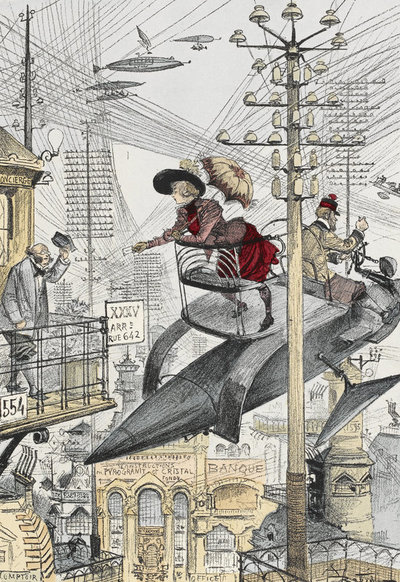
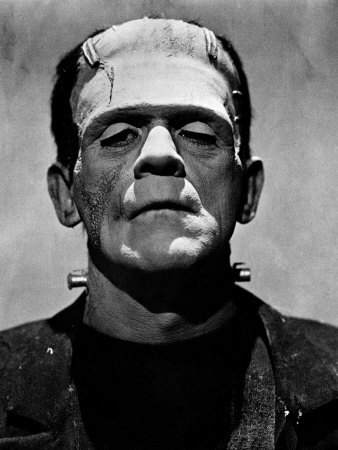
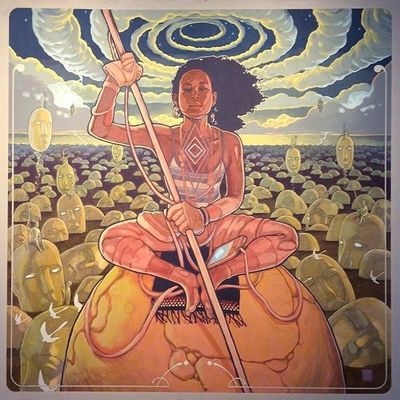
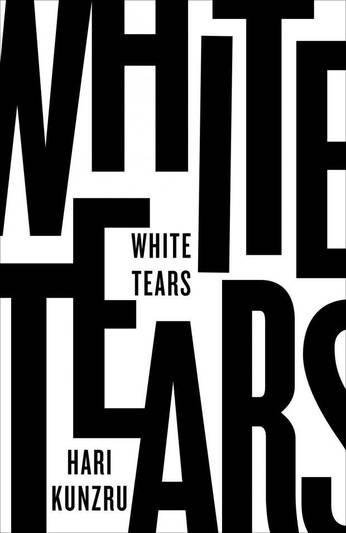
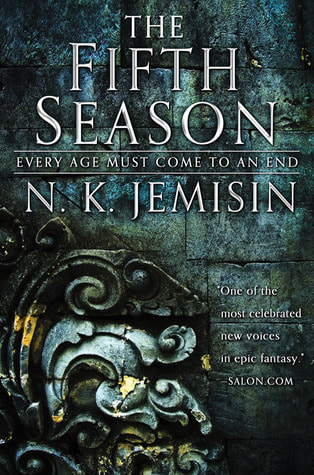
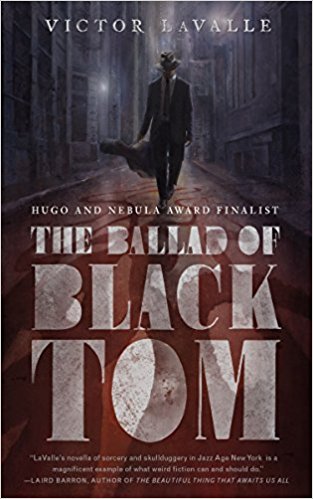
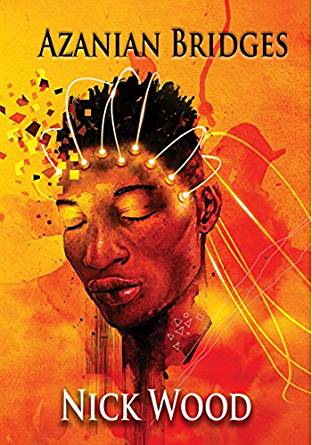
 RSS Feed
RSS Feed
